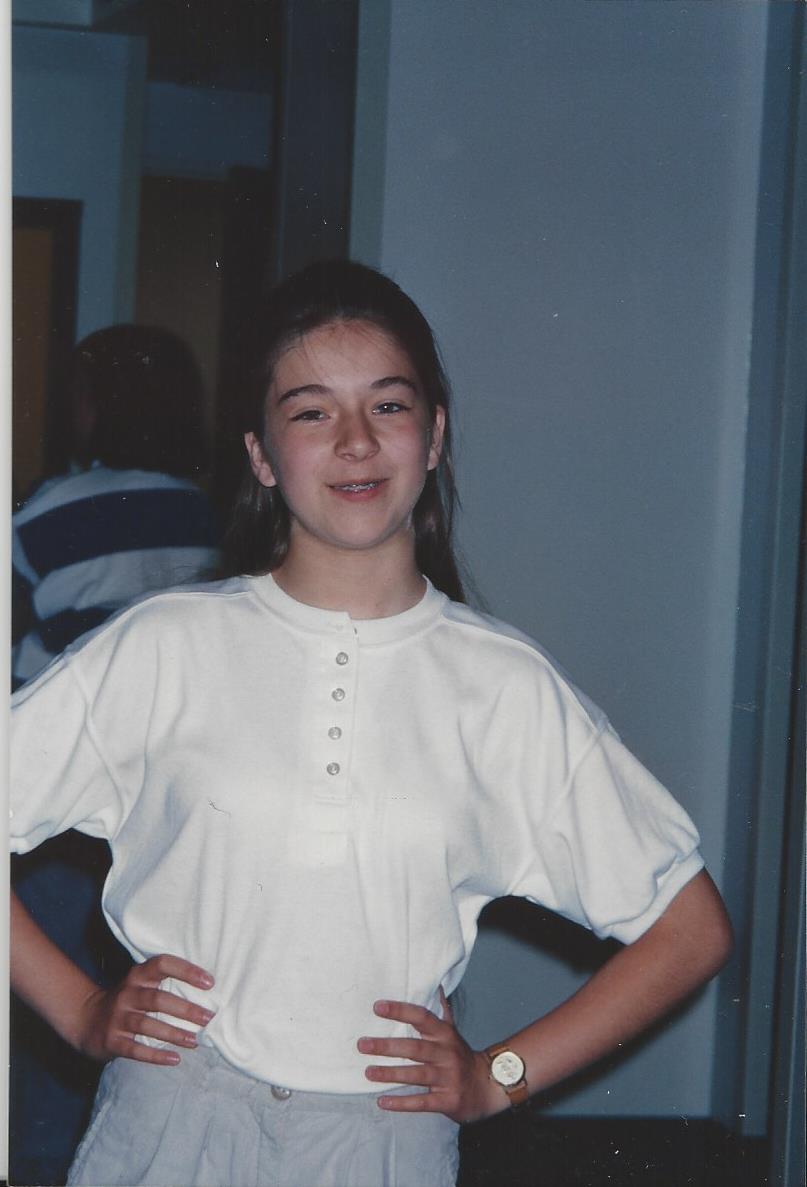
Let’s talk autism and puberty
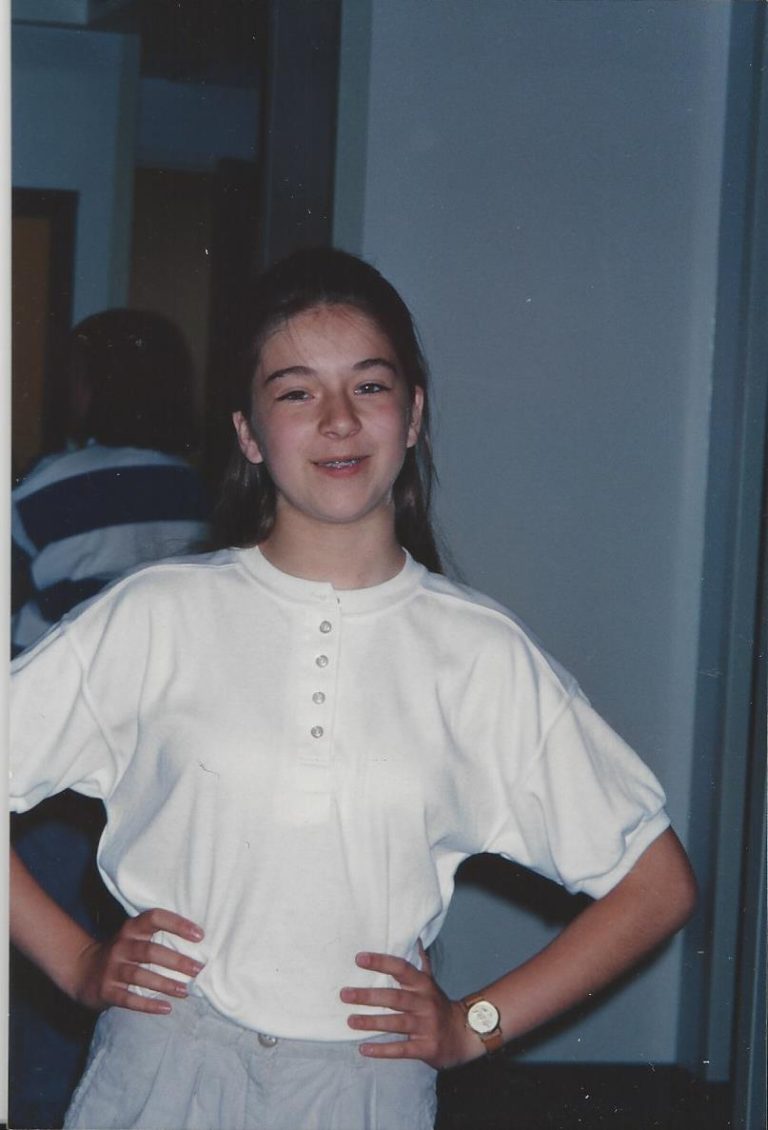
This is me in grade 9. In the throws of puberty I didn’t know how awkward I really was and so that probably explains why I was somehow still confident enough to like myself (most of the time).
I had no fashion sense. I had glasses, although I only wore them when I absolutely had to because those things definitely made me feel ugly. I didn’t wear makeup. In fact it was the end of grade 10 when my mom suggested to me that I might enjoy a makeover at Merle Norman.
Puberty has got to be the most awful, emotionally and physically, confusing time in which everyone on the planet (unless you have Kallmann syndrome) has to go through. That includes teens with disabilities. I hadn’t realized that teens with disabilities also experienced this horrible stage of human development until we were living in Illinois. Steve was in grad school. I was pregnant with W (J was just a little over a year old and autism wasn’t in our life yet) and I subbed once a week in the Urbana school district to add a little income to our poor grad school life. One Friday I subbed at Urbana High in a special education class for teens with severe disabilities. I remember pushing a young girl’s wheelchair into the gym for adaptive PE, when one of the para educators leaned over and said, “after PE, she’ll need her pad changed. Don’t worry, we’ll take care of it, you won’t need to.”
I don’t know why it shocked me so much that this girl would be having her period. I’ll admit, before we knew about J’s autism, I was pretty ignorant about people with disabilities. And here I am with my own child with disabilities and he’s been navigating his own puberty experience over the last few years.
I’ll just be straight up and say that it can be really rough. I’ve alluded to it in past blog posts, but I’m going to try to be more upfront about it because I want anyone else out there who is reading this, and who has a kid with disabilities, to know that you’re not the only one going through this. It’s hard. It’s a special kind of hard.
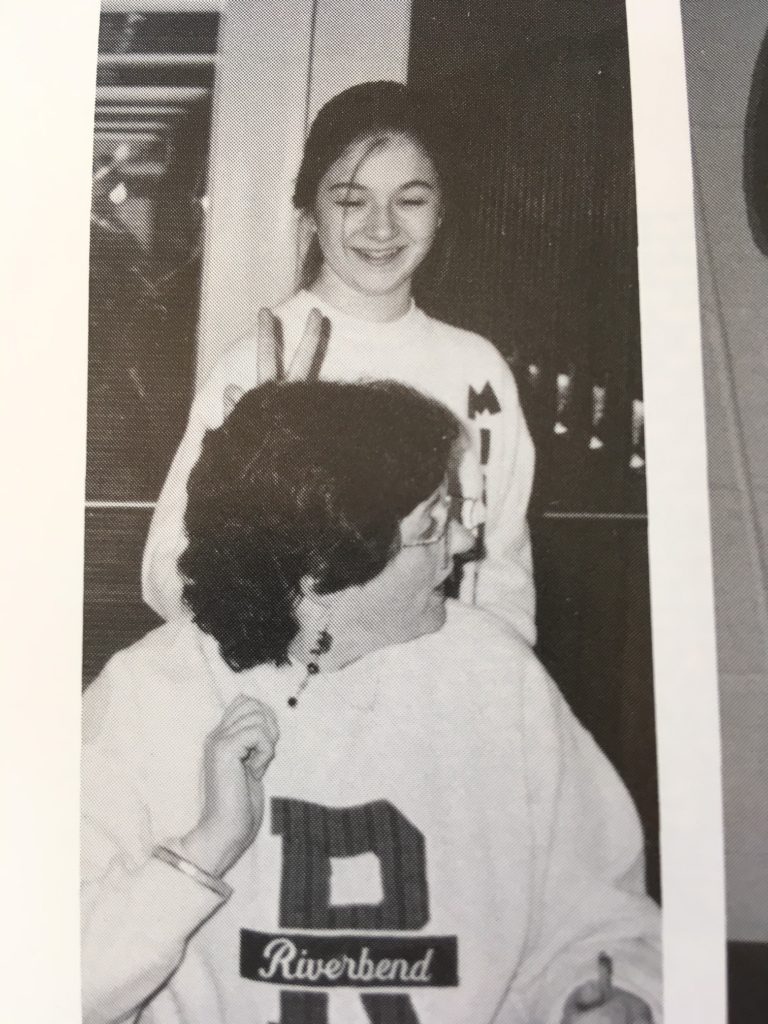
The emotional part is hard. Anxiety that’s always at the forefront gets triggered left and right by triggers that aren’t even on your radar. And you’ve lived with your child’s anxiety long enough, you’re pretty confident at this point you know everything on the radar. With J, it could be the usual suspects (number phobias, a change in schedule or routine) but it could be something else, like the stress he felt when he saw his body changing. That really freaked him out. There’s hormones too that come full force with emotional swings. And since their bodies are growing so fast and in spurts, it’s hard to know if current medication dosages are still effective. Was that outburst at school extra bad because his meds are off? does he need a new dosage? or is it because of the hormones raging through his body? or is it because he’s stressed out because he doesn’t recognize his own body anymore? maybe he’s tired because his body is growing so much? Or is it none of these things at all and just normal anxiety plus being an extra pain in the the butt?
The physical part is hard. Controlling urges. Curiosity about that new/changing body. These are things every single one of us has to navigate going through puberty. Having disabilities and not understanding social cues–add to that sexual social cues and norms…you get the picture. You get a kid with special needs trying to figure out appropriateness and not always being appropriate in public. Add to that things like public change rooms for PE. Talk about confusing messages: you have to keep your clothes on in public no matter what–except for the times when you change for PE or XC/Track. And then you’re going to have to take your clothes off and put new ones on in front of everyone else. For a kid who needs rules to be the same rules every time? This is a recipe for disaster.
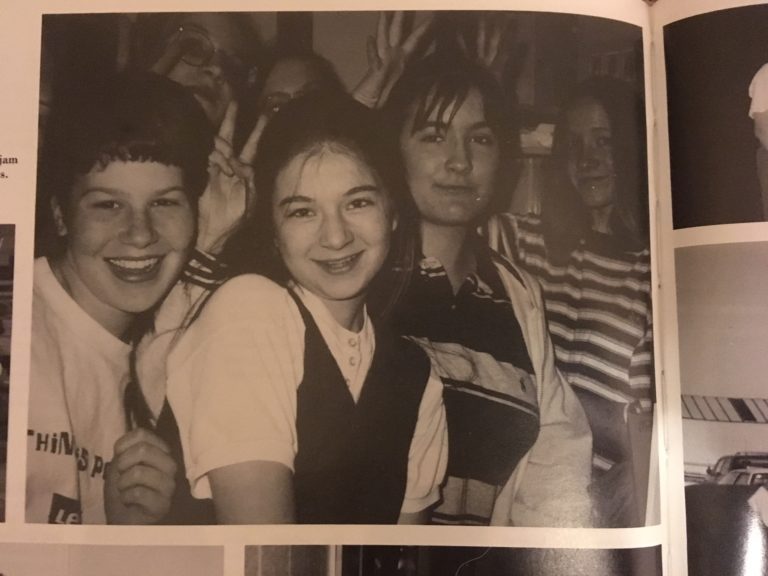
The social part is hard. This has been our most reoccurring issue. Ever since J was a toddler we’ve taught J the anatomically correct names of all the parts of his body. All the parts. And over the last year or so, J has thought it quite entertaining to go up to someone and “innocently” ask them what a p-s is. Which freaks everyone out, and in part, is why it’s been hard for us to get J to stop saying it to people. And we’ve had a lot of “informative messages” on that one. Luckily most people he says it to know he has autism and have been a little more understanding. There have been some really kind and patient kids with him on this issue (who immediately correct him and his behaviour). Thank you moms and dads for raising understanding kids!
The really hard and awkward part is when someone doesn’t know J or about his autism. Being a parent is fun times. I promise you.
The social double standard for sexuality. This could be the hardest struggle of them all. It’s the one where I wonder why I’m getting the calls home about the p-s word when I hear kids during after school pick up telling jokes about d-cks and worse. Not that I’m okay with J saying the p-s word to everyone. I’m definitely not. I’m just a little confused why the after school and “locker talk” gets a free pass or a light scolding. Not just at the school level but in our public sphere–including high ranking politicians. I guess J just doesn’t have the social tact to get away with the things he says (apparently there’s a right time and place to have these exchanges?). Which makes it even more confusing to him. When he hears those words–the ones that aren’t over his head he is quick to point them out as bad and wants to see these people get in trouble for saying them. We had a whole talk last year in our house about this when “locker talk” made big news headlines (J didn’t understand the whole thing, but enough to know that a lot of bad words were said because the news reporters kept apologizing for the quotes they were sharing and of course he wanted to know what was wrong). We had another talk about this while reading his book for English class this semester and there was a scene where the men’s swim team practices in the nude. J was quick to point out that this was “really bad” and then followed up with “why would they do that?” All of these double standards are hard and confusing to explain to a kid who needs everything to be black and white all of the time.
So how do we get through all of this? I don’t know. Hope time passes and he eventually figures all of this out. That he matures and gets over things, or understands them better? In the mean time–really recently in fact, J’s case manager brought up the WONDERFUL idea of social stories and we’ve brought those back into our “world explanation arsenal.” I even remembered a book (Taking Care of Myself: A Hygiene, Puberty and Personal Curriculum for Young People with Autism) I bought off Amazon years ago, with wonderful social stories for kids on the spectrum about puberty and hygiene. It’s really really great, and I highly recommend it. I’m sure there are others out there, which are just as good, but if you need a place to start, I highly recommend this one. The social stories are already written for you. You just need to tweak them for your child’s specific needs. I think it’s awkward for most parents to talk to their kids about puberty and sexuality. For kids with disabilities, not only is it awkward but most of the time you don’t even know how to do it.
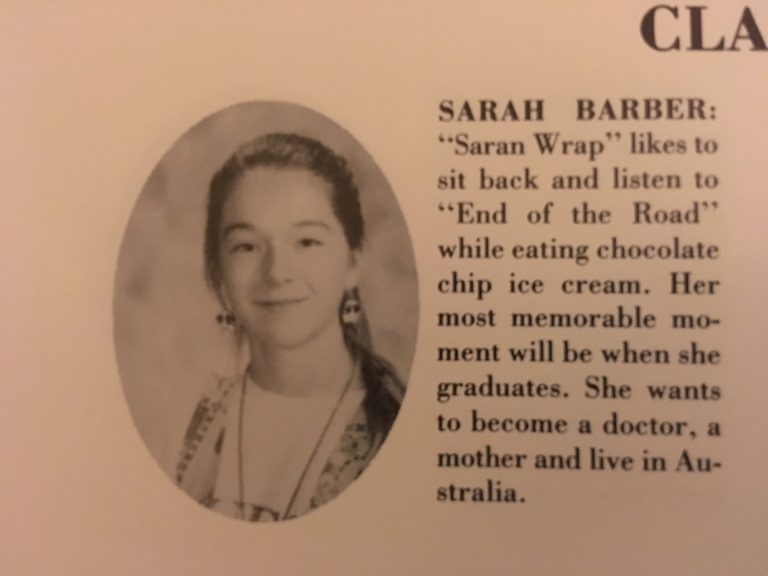
J is loving the social stories because I think it allows him a space and place to talk about things he really does want to talk about. I think all of us, when we go through puberty, wish we could talk about our experiences a little more, and can I say I love that his case manager is so supportive in this. We have one about talking about private areas. We have one on how to dress in a locker room. Sometimes I forget, because we can communicate fairly well with J about most things, that going back to the social stories really helps. I’m not saying all of our problems have disappeared because of them. But he’s becoming more and more appropriate with his language. It’s a journey right? And as J says, “this won’t last forever.”
I survived my puberty struggle. J will too. And hopefully we can survive it together 😉


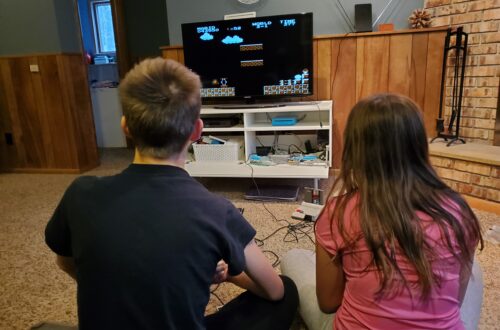


2 Comments
Carol Forster
Progress!!! Always a new way of thinking and teaching.
sarahwbeck
Yes, always having to think outside of the box!